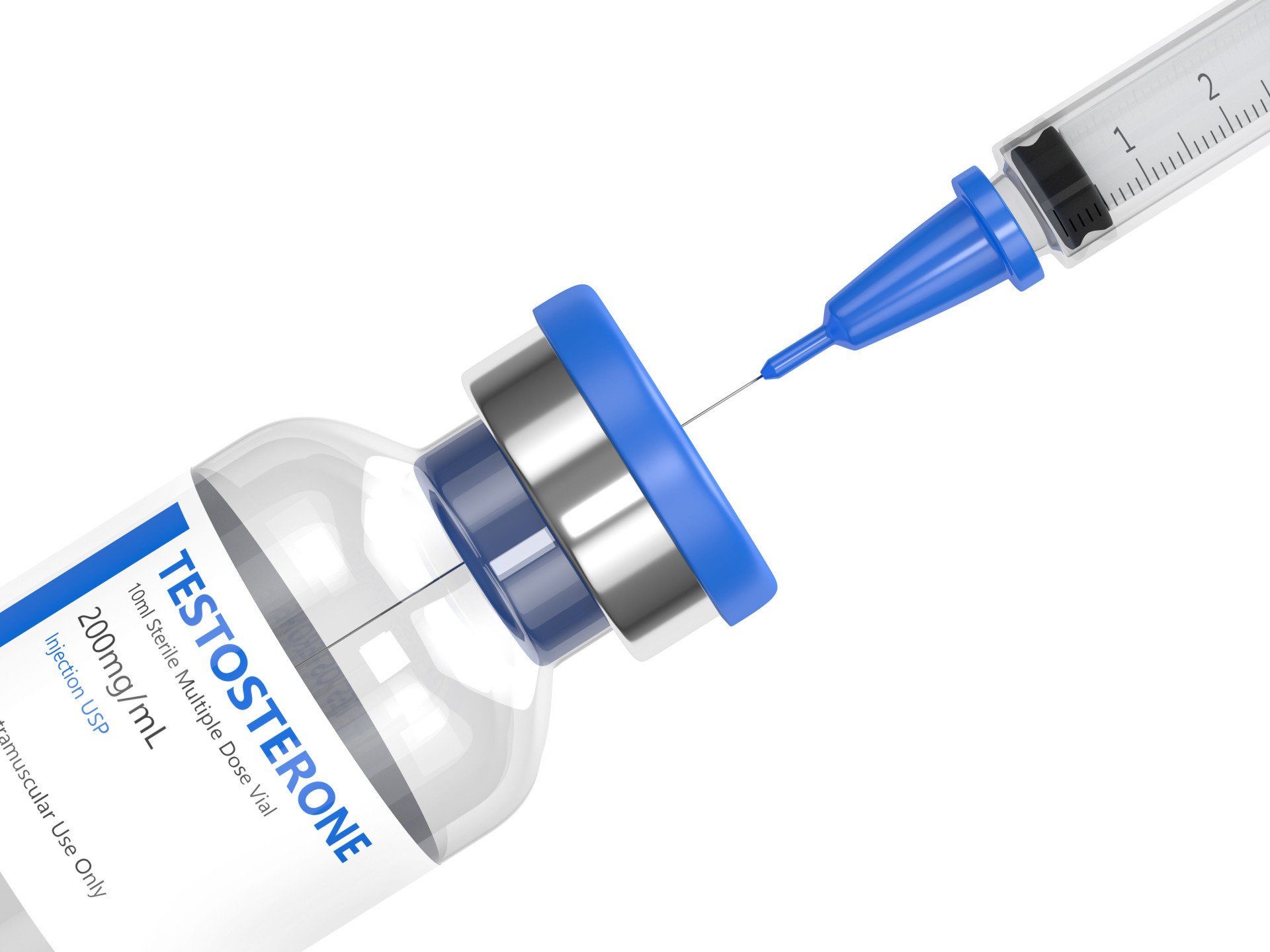3 Ways Low Testosterone Can Affect Your Relationship
Testosterone is a crucial hormone that plays a significant role in the overall well-being and dynamics within romantic relationships. When testosterone levels dip below the normal range, which is typically between 300-1,000 nanograms per deciliter (ng/dL) according to MedicalNewsToday, it can lead to a variety of emotional and physical challenges that can inadvertently impact your relationship with your significant other. In this blog post, we will explore three ways in which low testosterone levels can affect your relationship, underscoring the importance of awareness and proactive management.
1. Navigating Intimacy Challenges From Decreased Libido
One of the most immediate effects of low testosterone is a decreased libido. This can lead to a reduced interest in sexual activities with your partner, which might strain the intimacy you once shared. Without the proper communication, this drop in sexual desire could lead to feelings of rejection and confusion, causing tension within the relationship. Understanding the root cause of decreased libido and addressing it with compassion can help preserve and even strengthen your emotional connection.
2. Managing Mood Swings and Emotional Tension
Low testosterone can significantly influence mood and emotional stability, leading to frequent mood swings and irritability. This hormonal imbalance can lead to heightened feelings of stress for both partners, as miscommunications often occur during emotionally charged interactions. These emotional shifts may also contribute to a sense of disconnection or isolation if not openly discussed. Partners should strive to be patient and empathetic, fostering an environment where emotional vulnerabilities can be safely explored.
3. Addressing Physical Changes and Self-Esteem Issues
The physical repercussions of low testosterone can also leave an imprint on self-esteem and body image. Difficulty gaining muscle mass and a potential reduction in energy levels can significantly impact one's self-perception, leading to feelings of inadequacy or frustration. Additionally, symptoms like a low sperm count can raise concerns about fertility, introducing stress into family planning discussions. Supporting your partner and building each other up can reinforce the bond you share, helping to tackle any insecurities together.
Low testosterone affects more than just physiological health; it also has profound implications for romantic relationships. By recognizing and addressing the symptoms, whether they be sexually, emotionally, or physically related, couples can work together to navigate these challenges. Open communication and a supportive partnership can transform these obstacles into opportunities for deeper connection and understanding. Contact John R Smyer MD if you would like more information about testosterone levels and how to improve them.









Share On: